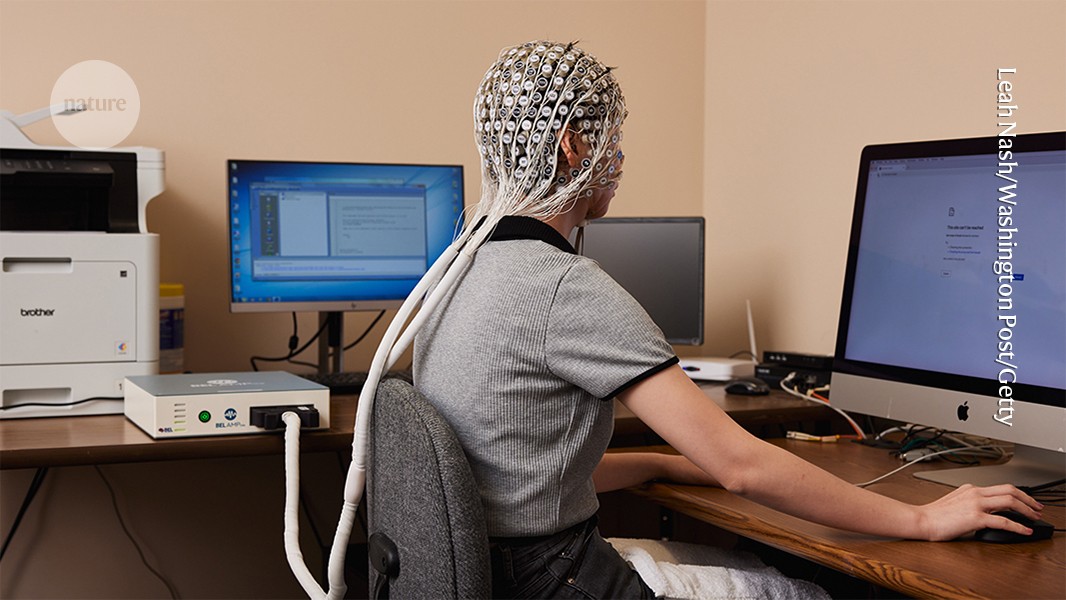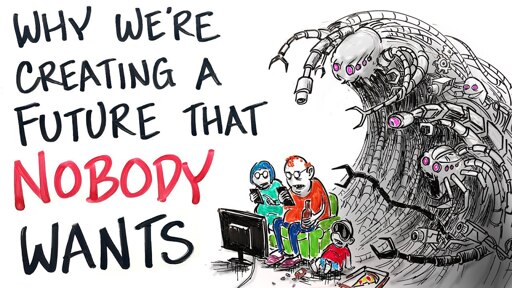Airlines Are Selling Your Data to ICE
-
A massive aviation industry clearinghouse that processes data for twelve billion passenger flights per year is selling that information to the Trump administration amid the White House’s new immigration crackdown, according to documents reviewed by the Lever.
The data — including “full flight itineraries, passenger name records, and financial details, which are otherwise difficult or impossible to obtain” for past and future flights — is fed into a secretive government intelligence operation called the Travel Intelligence Program and provided to Immigration and Customs Enforcement (ICE) and other federal agencies, records reveal.
Details of this program were outlined in procurement documents released Wednesday by ICE, which is a division of the Department of Homeland Security.
Can we get the courts to determine that as an "unreasonable search" already?
-
A massive aviation industry clearinghouse that processes data for twelve billion passenger flights per year is selling that information to the Trump administration amid the White House’s new immigration crackdown, according to documents reviewed by the Lever.
The data — including “full flight itineraries, passenger name records, and financial details, which are otherwise difficult or impossible to obtain” for past and future flights — is fed into a secretive government intelligence operation called the Travel Intelligence Program and provided to Immigration and Customs Enforcement (ICE) and other federal agencies, records reveal.
Details of this program were outlined in procurement documents released Wednesday by ICE, which is a division of the Department of Homeland Security.
Someone trusts flying in these conditions? That's insane.
-
A massive aviation industry clearinghouse that processes data for twelve billion passenger flights per year is selling that information to the Trump administration amid the White House’s new immigration crackdown, according to documents reviewed by the Lever.
The data — including “full flight itineraries, passenger name records, and financial details, which are otherwise difficult or impossible to obtain” for past and future flights — is fed into a secretive government intelligence operation called the Travel Intelligence Program and provided to Immigration and Customs Enforcement (ICE) and other federal agencies, records reveal.
Details of this program were outlined in procurement documents released Wednesday by ICE, which is a division of the Department of Homeland Security.
Since when does a government agency have to pay for receiving a companies data? I guess there is no law for allowing ICE to access that data, and then they just pay instead?
-
Since when does a government agency have to pay for receiving a companies data? I guess there is no law for allowing ICE to access that data, and then they just pay instead?
Yeah that's one of the things that stood out as what the hell.. the companies already have the data, if ICE wanted it legally they shouldn't need to pay... Really shows how shady they're being.
-
A massive aviation industry clearinghouse that processes data for twelve billion passenger flights per year is selling that information to the Trump administration amid the White House’s new immigration crackdown, according to documents reviewed by the Lever.
The data — including “full flight itineraries, passenger name records, and financial details, which are otherwise difficult or impossible to obtain” for past and future flights — is fed into a secretive government intelligence operation called the Travel Intelligence Program and provided to Immigration and Customs Enforcement (ICE) and other federal agencies, records reveal.
Details of this program were outlined in procurement documents released Wednesday by ICE, which is a division of the Department of Homeland Security.
The company is jointly owned by nine major airlines, most of which are US-based: Delta, Southwest, United, American Airlines, Alaska Airlines, JetBlue, Air Canada, Lufthansa, and Air France.
I hope EU starts some investigation, because it doesn't seem this follows the GDPR for European travelers.
-
Someone trusts flying in these conditions? That's insane.
There are flights not in or out of the US...
-
The company is jointly owned by nine major airlines, most of which are US-based: Delta, Southwest, United, American Airlines, Alaska Airlines, JetBlue, Air Canada, Lufthansa, and Air France.
I hope EU starts some investigation, because it doesn't seem this follows the GDPR for European travelers.
Lufthansa and Air France might have some massive fines incoming.
-
Can we get the courts to determine that as an "unreasonable search" already?
Yeah so bad news. The government has routinely purchased data like this as an end run around the 4th Amendment. The data is collected by a third party, often with the customers "consent".
This is why we need stricter privacy controls around our data. The fact that this data was collated in the first place is problematic. The fact that it's being sold for profit is abhorrent.
-
Yeah so bad news. The government has routinely purchased data like this as an end run around the 4th Amendment. The data is collected by a third party, often with the customers "consent".
This is why we need stricter privacy controls around our data. The fact that this data was collated in the first place is problematic. The fact that it's being sold for profit is abhorrent.
The mental trick that keeps on giving. When government does it - it's automatically bad, but when a private business does it - it's between the business and its customers. Then all the gov't needs to do is become a customer on the B2B side.
-
The mental trick that keeps on giving. When government does it - it's automatically bad, but when a private business does it - it's between the business and its customers. Then all the gov't needs to do is become a customer on the B2B side.
It’s like that because we vote in weak mediators that don’t do shit.
-
A massive aviation industry clearinghouse that processes data for twelve billion passenger flights per year is selling that information to the Trump administration amid the White House’s new immigration crackdown, according to documents reviewed by the Lever.
The data — including “full flight itineraries, passenger name records, and financial details, which are otherwise difficult or impossible to obtain” for past and future flights — is fed into a secretive government intelligence operation called the Travel Intelligence Program and provided to Immigration and Customs Enforcement (ICE) and other federal agencies, records reveal.
Details of this program were outlined in procurement documents released Wednesday by ICE, which is a division of the Department of Homeland Security.
Cue the airlines come with hand-wringing to beg the Feds for more bailouts because "nobody is flying anymore."
Parasitical business practices should lead to market exit.
-
Lufthansa and Air France might have some massive fines incoming.
Maximum GDPR fine is 4% of your revenue. For Lufthansa, that would be ~$1.4 billion, Air France ~$650 million, both of which are roughly their entire net income for one year.
Not sure if anyone has been hit with the maximum ever though, as everyone just keeps track of the dollars and not percentage of revenue.
-
A massive aviation industry clearinghouse that processes data for twelve billion passenger flights per year is selling that information to the Trump administration amid the White House’s new immigration crackdown, according to documents reviewed by the Lever.
The data — including “full flight itineraries, passenger name records, and financial details, which are otherwise difficult or impossible to obtain” for past and future flights — is fed into a secretive government intelligence operation called the Travel Intelligence Program and provided to Immigration and Customs Enforcement (ICE) and other federal agencies, records reveal.
Details of this program were outlined in procurement documents released Wednesday by ICE, which is a division of the Department of Homeland Security.
Twelve billion
I thought we we're approximately 8.2 Billion on earth? Am i missing something?
-
Twelve billion
I thought we we're approximately 8.2 Billion on earth? Am i missing something?
You're right, everyone is only allowed one flight per year this doesn't add up
-
You're right, everyone is only allowed one flight per year this doesn't add up
12 billion passenger is a bad way of saying it, 12 billion flights would've been better.
-
Yeah that's one of the things that stood out as what the hell.. the companies already have the data, if ICE wanted it legally they shouldn't need to pay... Really shows how shady they're being.
The government can’t just take every companies data. They absolutely can buy it if that is an option though. Just like how they pay for licenses for software, they can and do pay for data.
-
12 billion passenger is a bad way of saying it, 12 billion flights would've been better.
No, passengers is the correct way of saying it. A flight can have hundreds of passengers. A person is a passenger every time they fly a leg on a plane.
Also it’s “passenger flights” in the OP, which would be a record of a passenger on a flight. If a person took 4 flights in one journey, that would count as 4 “passenger flights”.
-
The government can’t just take every companies data. They absolutely can buy it if that is an option though. Just like how they pay for licenses for software, they can and do pay for data.
Related to crimes, they kinda really can
-
Related to crimes, they kinda really can
Correct, but this is about collecting it without any crime.
-
It’s like that because we vote in weak mediators that don’t do shit.
And we vote them in because the people that will do shit will inevitably fuck with the money of affluent neo-liberals.






